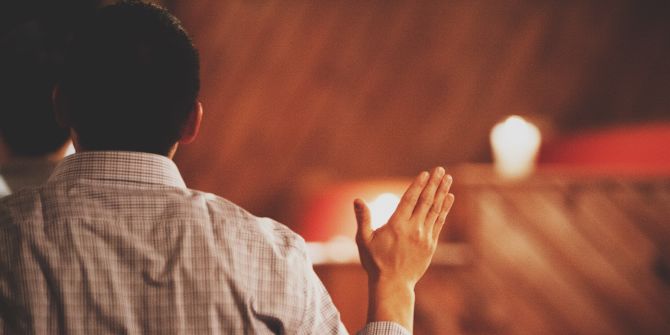Real-World Approaches: Freedom of Religion or Belief

The right to religious freedom is enshrined in the Universal Declaration of Human Rights:
Everyone has the right to freedom of thought, conscience and religion; this right includes freedom to change his religion or belief, and freedom, either alone or in community with others and in public or private, to manifest his religion or belief in teaching, practice, worship and observance. Article 18
Seventy years since the signing of the UDHR, a cursory glance at the news shows us how religious freedom continues to be disregarded and threatened in different ways all around the world.
Freedom of religion or belief (FoRB) as a framework for international policy is in the ascendancy – at least in words if not actions. For instance, the Trump Administration has recently put its weight behind the State Department’s Office for International Religious Freedom while the British Foreign Office has launched a global review into the persecution of Christians.
Should we be encouraged by FoRB’s expanding profile, or dismayed by a global human rights regression that has prompted the need for such advocacy? While the call to respect religious freedom can be found across cultures and religions, is the FoRB of international human rights discourse widely accepted, or is it viewed as a Christian and/or Western programme?
In this series we will consider the normative foundations of FoRB, how it is understood at the global and local level, and how different religious traditions perceive the right to religious expression.
Our contributors will analyse the successes and failures of FoRB on the ground, how crucial it is for peace and prosperity and how its implementation can be furthered through policy reform and civil society engagement. The series will also reflect on how a government’s human rights advocacy can be influenced by competing agendas and priorities.
Through a combination of theology, political theory and country case studies we will consider how the intellectual and moral resources of religion, law, economics and public policy can be connected in the pursuit of greater religious freedom.
If you work in this area, in any capacity, and are interested in contributing to this series please email Daniel Coyne at d.g.coyne@lse.ac.uk.
#1: The Natural Law and Natural Rights Tradition: A Foundation for Religious Freedom, by Han-Martien ten Napel
#2: Widening the Scope of Freedom of Religion or Belief Policy: The United States and Beyond, by Tina L. Mufford
#3: Universally Aspirational or Aspirationally Universal: the Right to Freedom of Thought, Conscience and Religion, by Jessica Giles
#4: ‘We may be losing control’: Three ways in which the British government can support persecuted Christians around the world, by Matthew D. Rees
#5: Islam and the Dilemmas of Religious Freedom, by Tahir Rashid
#6: ‘An underused resource’ at the grassroots level: Freedom of and from religion through the European Court of Human Rights, by Effie Fokas
#7: The Democratic Imperative: On the Necessity and Means of Protecting Institutional Religious Freedom, by Alex Deagon
#8: ‘Religious restrictions have been rising’: A global overview, 2007 – 2017, by Samirah Majumdar
#9: Why does the United States have a Christian ‘Soft Spot’ and what to do about it?, by Gregorio Bettiza
More to come…

